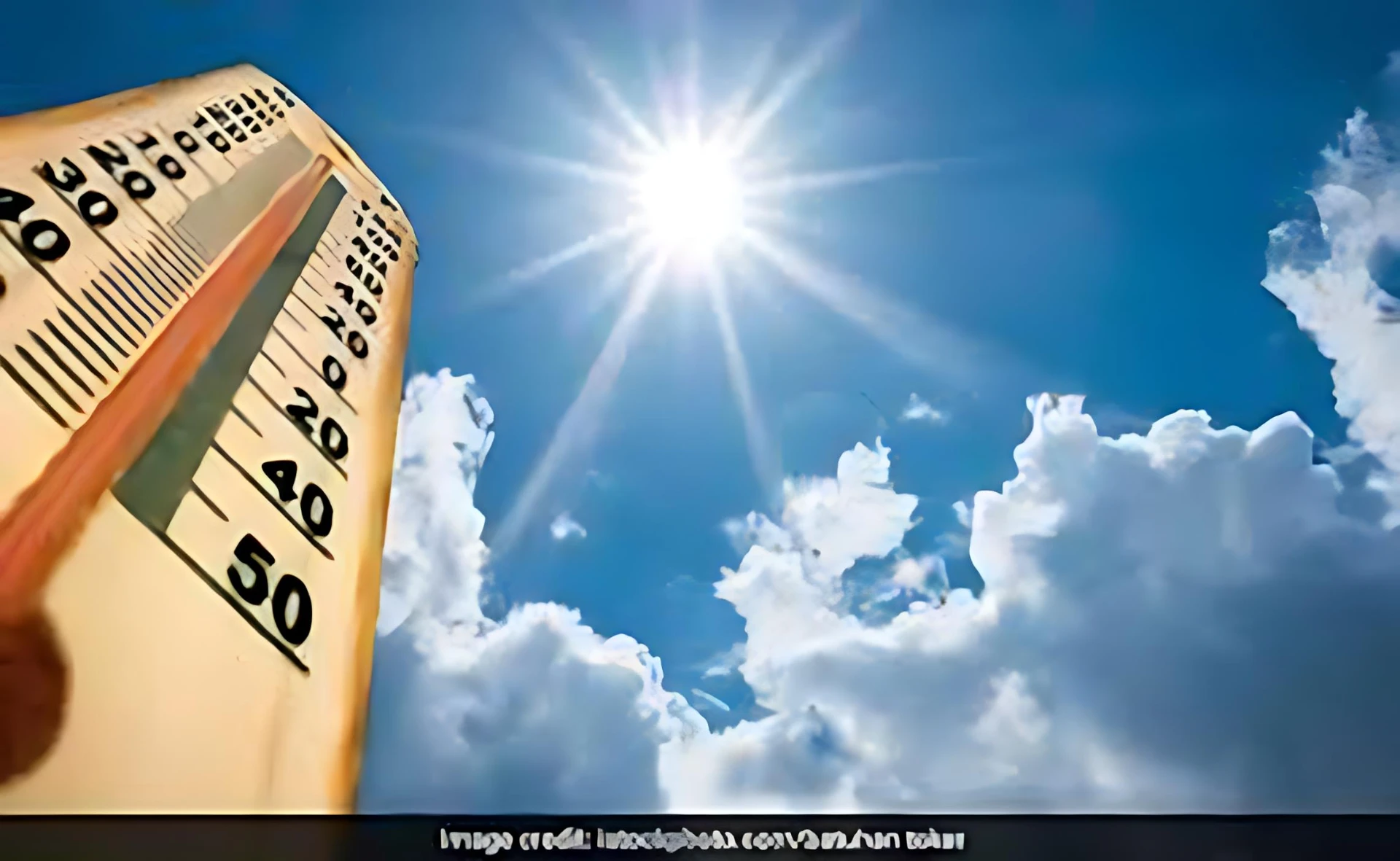Edinburgh: A groundbreaking new study by the University of Roehampton has revealed alarming insights into how the human body responds to extreme heat and humidity. Presented at the Society for Experimental Biology’s annual meeting in Edinburgh, the research comes as global temperatures soar to record levels, with July 4 declared the hottest day ever recorded on Earth.
The study tested 13 healthy adults aged 23–58 in five heat and humidity conditions ranging from 28°C to 50°C with 25% to 50% humidity. While participants remained at rest, researchers measured key physiological responses, including heart rate, core temperature, sweating, blood pressure, and metabolic rate.
Results showed that even at 40°C, the body’s metabolic rate rose 48% in humid conditions. At 50°C with 50% humidity, heart rates surged by 64%, and sweating increased by 74%. Core body temperature rose by 1°C, indicating clear signs of heat strain. These changes suggest that under extreme heat, the body must work harder to cool itself, placing severe stress on the heart and metabolism, even when the person is hydrated and inactive.
One crucial finding is that humidity severely limits the body’s cooling ability. Sweat can’t evaporate in moist air, forcing the heart and lungs to compensate and increasing cardiovascular stress. Despite proper hydration, water alone could not reduce the body’s internal strain in high heat, challenging the long-held belief that staying hydrated is enough protection.
Experts like Dr. John P. Higgins and Dr. Mark Guido stress that long-term exposure to such conditions could increase the risk of cardiovascular disease, especially for those not acclimated to hot climates.
While the study had a small sample size, it offers essential warnings. As climate change intensifies, understanding the body’s heat limits can inform public health policies, urban design, and emergency response systems, especially in regions unprepared for prolonged heat waves.








